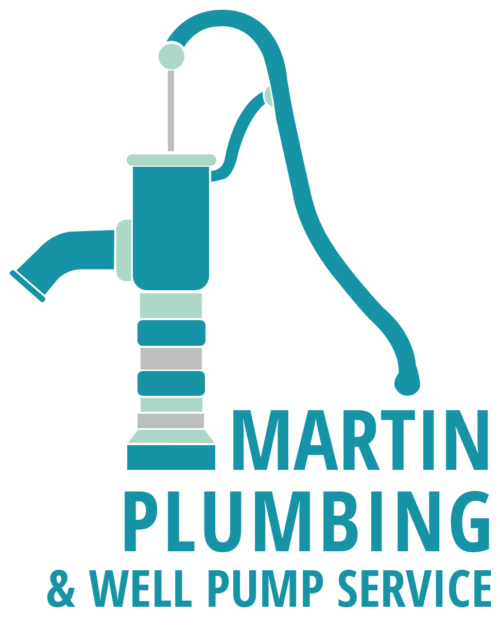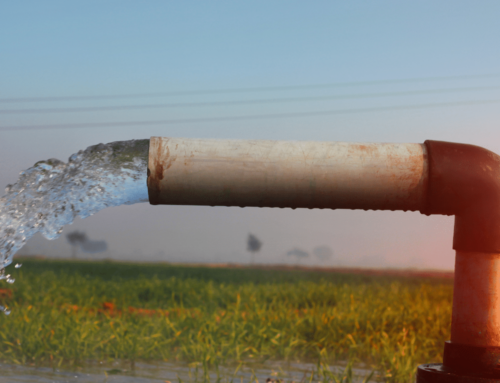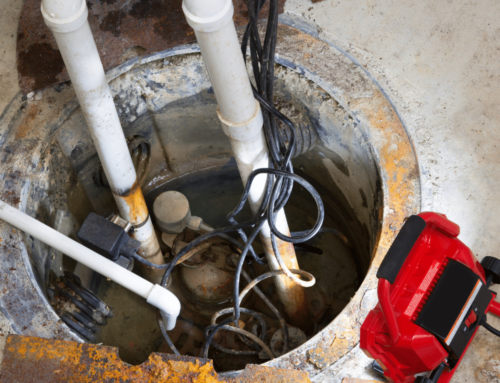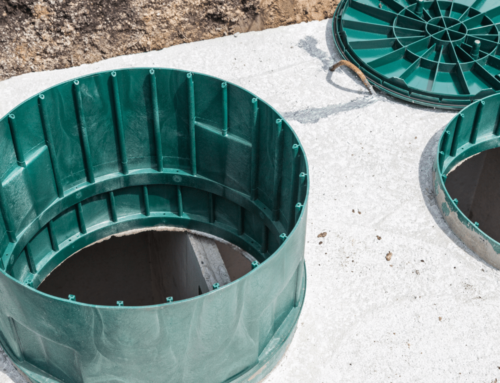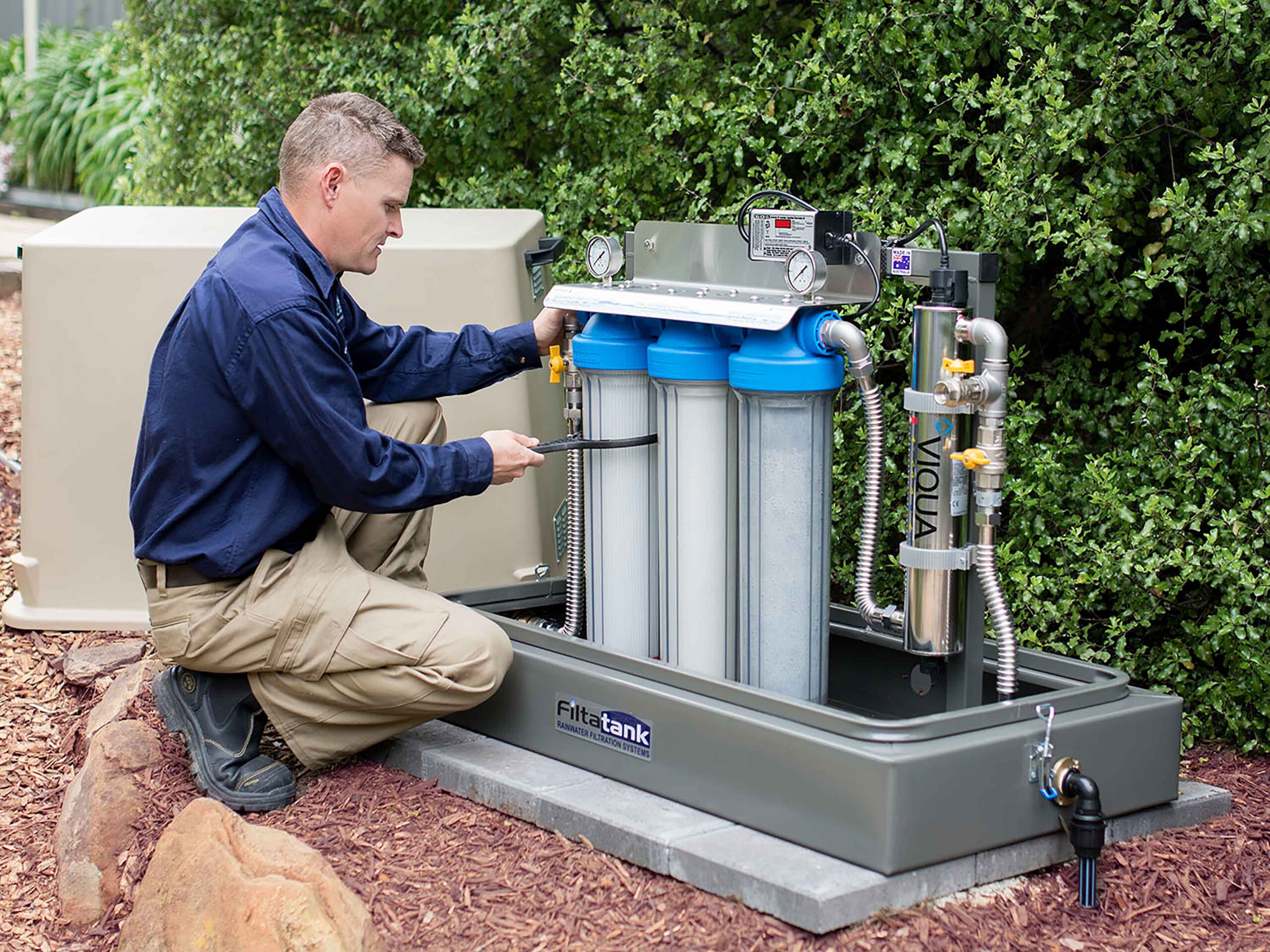
Access to clean and safe drinking water is essential for our health and well-being. Unfortunately, water from various sources can contain contaminants that pose a risk to our health. This is where water filtration systems come into play. In this blog post, we will explore the importance of water filtration systems and how they work to provide you with clean and safe drinking water.
Why Safe Drinking Water Matters
Clean and safe drinking water is crucial for several reasons:
- Health: Contaminated water can contain harmful microorganisms, chemicals, and pollutants that can cause a wide range of health issues, including gastrointestinal illnesses, skin problems, and more severe diseases.
- Quality of Life: Access to safe water is a basic human need that affects our daily lives. It’s used for drinking, cooking, bathing, and even cleaning.
- Environmental Impact: Using water filtration systems helps reduce the need for single-use plastic bottles and minimizes the environmental impact of bottled water production and disposal.
Common Water Contaminants
Before we delve into water filtration systems, it’s essential to understand some common water contaminants:
- Bacteria and Viruses: Microorganisms like E. coli, salmonella, and viruses can thrive in water sources.
- Chemicals: Chemical contaminants include heavy metals (lead, arsenic), pesticides, industrial chemicals, and pharmaceutical residues.
- Sediment: Sand, silt, and debris can make water appear cloudy and affect its taste and quality.
- Chlorine and Chloramines: While added to disinfect water, chlorine, and chloramines can have adverse effects on taste and odor.
How Water Filtration Systems Work
Water filtration systems are designed to remove or reduce contaminants from your water supply. Here are some common types of water filtration systems and how they work:
- Activated Carbon Filters: These filters use activated carbon to absorb impurities like chlorine, volatile organic compounds (VOCs), and bad tastes and odors.
- Reverse Osmosis Systems: This method forces water through a semipermeable membrane to remove contaminants like lead, fluoride, and heavy metals.
- UV Water Purifiers: Ultraviolet (UV) light systems kill bacteria, viruses, and other microorganisms by disrupting their DNA, making them unable to reproduce.
- Ceramic Filters: Ceramic filters have tiny pores that block particles and bacteria while allowing clean water to pass through.
- Ion Exchange Systems: These systems replace unwanted ions (like calcium and magnesium) with sodium ions to soften water and remove some heavy metals.
Choosing the Right Water Filtration System
Selecting the right water filtration system for your home depends on various factors, including your water source, budget, and specific contaminant concerns. It’s essential to have your water tested to identify the contaminants present before choosing a system.
Maintenance and Replacement
Proper maintenance is crucial for the continued effectiveness of your water filtration system. Filters should be changed according to the manufacturer’s recommendations to ensure that they continue to remove contaminants effectively.
Access to clean and safe drinking water is a fundamental human right. Water filtration systems play a vital role in ensuring that the water you consume is free from harmful contaminants. By understanding the importance of safe drinking water and selecting the right water filtration system for your needs, you can enjoy peace of mind knowing that your family’s health and well-being are protected. Invest in a water filtration system today, and take a significant step towards a healthier and safer lifestyle.
Contact Martin Plumbing, in Mansfield, CT for your plumbing services

SEND US A MESSAGE
Fill out the form below and we will get back to you as soon as possible.
If you require immediate assistance, we are available 24 hours a day, 7 days per week by calling us at (860) 377-0018.

